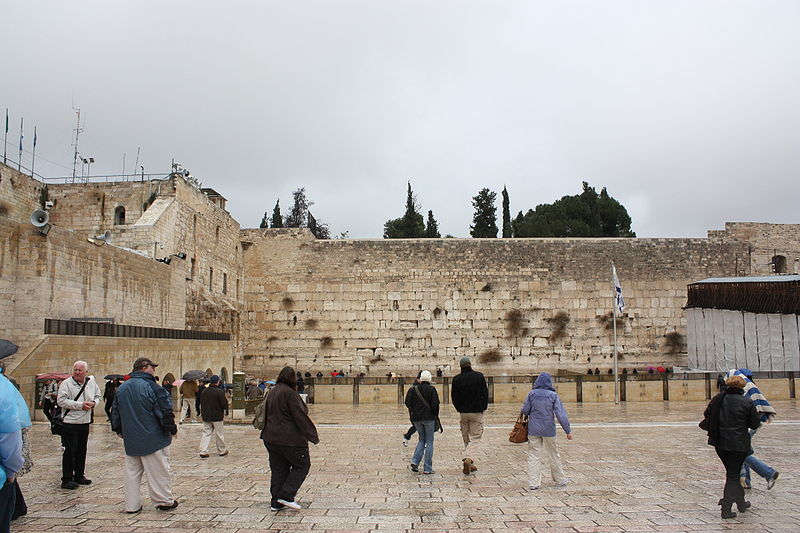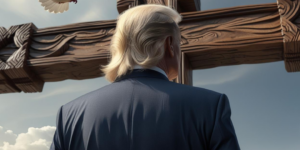Jews Prepare for Shavuot All-Nighter
 The Holy Land—as well as Jews across the world—is celebrating Shavuot, one of Judaism’s three pilgrimage festivals.
The Holy Land—as well as Jews across the world—is celebrating Shavuot, one of Judaism’s three pilgrimage festivals.
Observed this year between sunset Tuesday and nightfall on Wednesday, Shavuot marks the giving of the Torah—the books of Genesis, Exodus, Leviticus, Numbers and Deuteronomy—at Mt. Sinai seven weeks after the exodus of the Jewish people from Egypt. The word “Shavuot” literally means “weeks” and is celebrated exactly seven weeks after the first day of Passover, which marks the exodus itself.
“It’s really a very important holiday, and one that is not very well known,” Regina Abraham Fink, a resource specialist who lives in North Hollywood, told Fox News. “This is absolutely my favorite holiday. It is a very joyous holiday. I have a lot of company over and there’s great food.”
The celebration of Shavuot is specified in Ex. 34:22 and Deut. 16:10. On Tuesday night, after a festive evening prayers and a meal, many Jews will follow the custom of staying awake all night and studying religious texts, and then saying morning prayers at the earliest permitted time on Wednesday. Most synagogues and yeshivot will organize special classes and lectures throughout the night of Shavuot.
In Jerusalem, there is a widespread custom of going to the Western Wall for Shavuot morning prayers, often accompanied by dancing and singing. “In the morning, the children will listen to the reading of the Ten Commandments and will hear the story of how we all stood at Mount Sinai together,” Chabad-Lubavitch Rabbi Shmuel Pinson told Chabad.org. “And it will be good.”
The Shavuot morning prayers are marked by special hymns and scriptural readings, including the Book of Ruth. Special memorial prayers for the departed are also said. Some communities maintain the custom of decorating their synagogues with green plants and flowers; this is in keeping with traditions that Mt. Sinai was a green mountain and that Shavuot is a day of judgment for fruit trees.
In ancient times, Shavuot marked the end of the barley harvest, and the beginning of the wheat harvest. Jewish farmers brought their first fruits to the Temple in Jerusalem (Deut. 26:1-11), where special offerings were brought (Num. 28:26-31).
In honor of Shavuot’s status as the “Day of First Fruits” and the “Harvest Festival”—as it is referred to in Num. 28:26 and Ex. 23:16, respectively—many kibbutzim and moshavim also organize special celebrations revolving around these themes, including ceremonies in which new produce from the kibbutz or moshav is highlighted.




























































